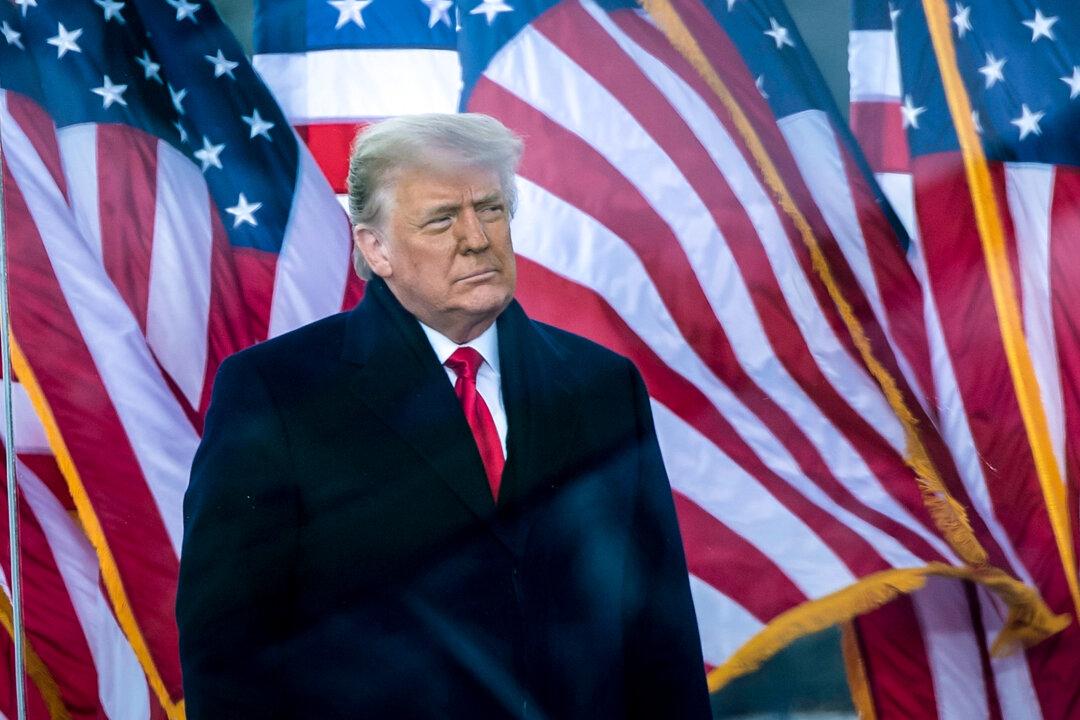Former President Donald Trump has submitted a statement of appeal to an oversight board funded by Facebook in a bid to rejoin the platform. The decision is expected to take around two and a half months.
Former Danish Prime Minister Helle Thorning-Schmidt, who is a co-chair of the oversight board, told UK’s Channel 4 News that they are currently looking into the appeal concerning Trump’s Facebook and Instagram accounts. The board was set up to be an independent group to hear users’ appeals and is comprised of 19 former politicians, journalists, and academics.




